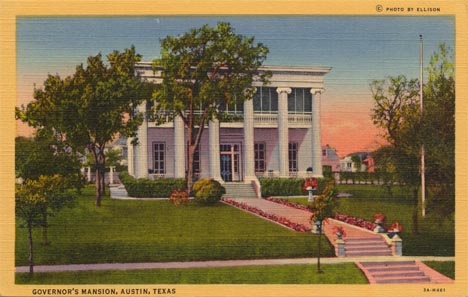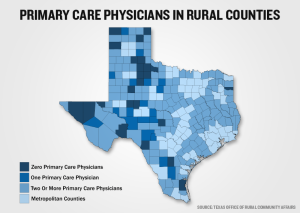Kate Alexander of the Austin-American Statesman put together a very good story on the politics of spending federal dollars. Currently, we have Democrats controlling federal dollars and Republicans complaining after federal intrusion into state politics. However, the story makes clear that both sides have played this game and that in the 1980s it was Democrats complaining about the strings attached to federal transportation dollars by Ronald Reagan. At the time Texas Senator Chet Edwards railed against federal dollars manipulated by the hands of Republican administration. Now that Democrats are holding the federal dollars, Edwards is complaining much less.
Both parties look hypocritical because they complain about these policies and then turn around and use federal dollars to advance their own agendas. However, it’s not that simple. Consider the dilemma of a conservative Republican freshly elected to Congress in the 1990s. You certainly could always vote in favor of “states rights” and remove any strings from federal dollars. However, what if some of those federal dollars would be spent on abortions? Which is more important to you: protecting the autonomy of state policy or the life of unborn children? What would the voters who elected you favor?
Federal dollars are a constant in state politics. As the story illustrates, federal funds as a share of the Texas budget have been pretty steady over the last decade. Rick Perry is acting as if the role of the federal government has changed dramatically since Obama’s inauguration. However, the changes are relatively small and reflect a trend found in both Republican and Democratic administrations. The practice of complaining about federal power until federal power is in your own hands goes back to Thomas Jefferson.
 We generally label the current status of relation between the federal and state governments as “cooperative federalism.” However, you can certainly make the case that the relationship is much more coercive than cooperative. The folly of the Democrats is denying the pressure the federal dollars put on states to comply. The folly of the Republicans is acting that this is new.
We generally label the current status of relation between the federal and state governments as “cooperative federalism.” However, you can certainly make the case that the relationship is much more coercive than cooperative. The folly of the Democrats is denying the pressure the federal dollars put on states to comply. The folly of the Republicans is acting that this is new.
Student don’t relish getting to the section of the course on federalism. However, the sharing of power between federal and state government is (once again) turning into a hot issue in the campaign. As usual, much of the heat disguises reality and lead us away from a productive discussion. As Alexander story make clear, the mixing of federal dollars is important beyond the drama of the current campaign season. Regardless of who is in Washington, we’re going to see federal dollars going into state accounts and voters deserve an intelligent discussion of the tradeoffs.
Filed under: Campaigns, Federalism | Tagged: Cooperative Federalism, Federalism, Rick Perry | Leave a comment »









